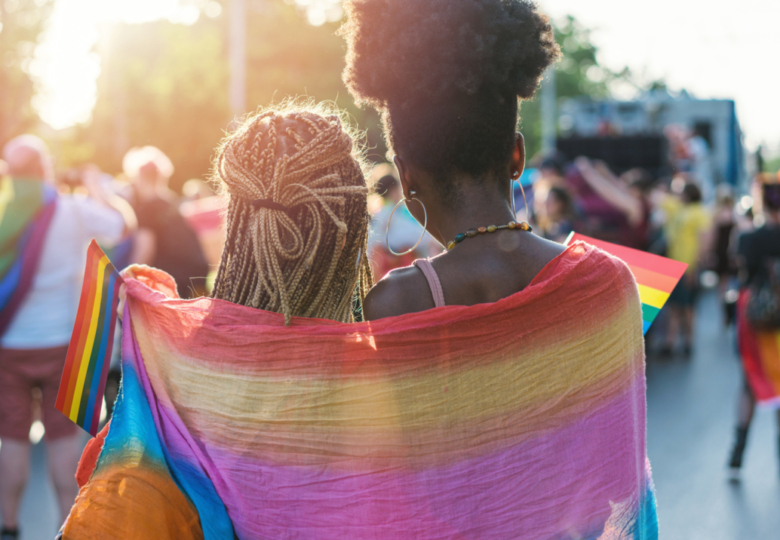
Tides Blog
If you’re interested in learning more about Tides, check out our offerings or learn about our mission.

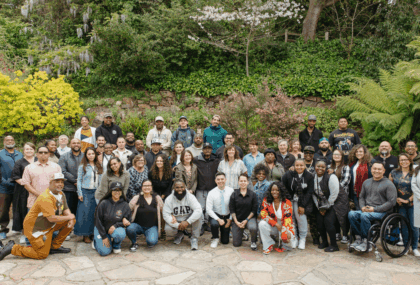
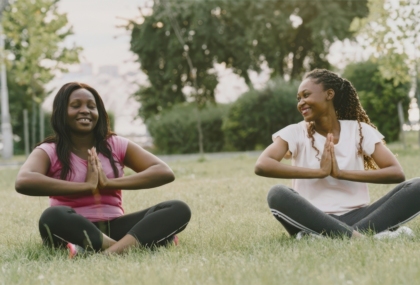
-
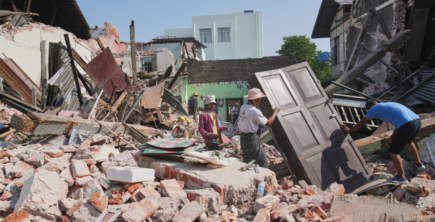
Healthy Individuals & Communities
How To Help After the Myanmar Earthquake
-
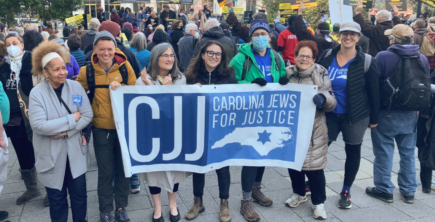
Our Community
Carolina Jews for Justice Wants You To Feed Your Neighbors
-
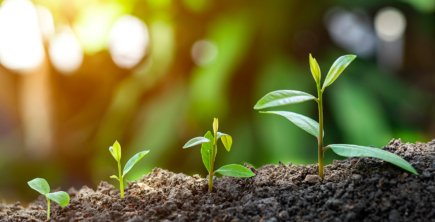
Philanthropy
Donor Advised Funds: How To Use DAFs for Social Justice
-
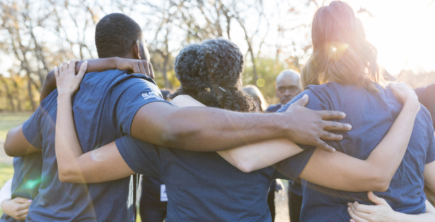
Impact
3 Steps To Include Community Voices in Social Impact
-
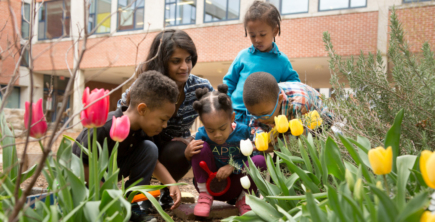
Philanthropy
Dive Deeper: Advanced Practices for Equitable Grantmaking
-

Just Health Fund
The Future of Black Health Equity
-
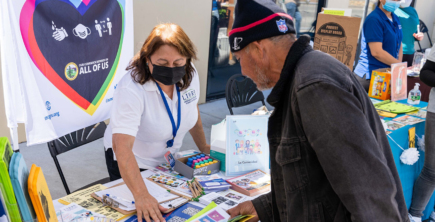
Philanthropy
5 Grantmaking Best Practices To Create Maximum Impact
-
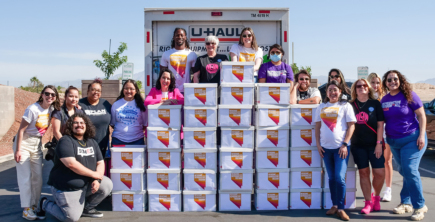
Our Community
In Community With Love
-
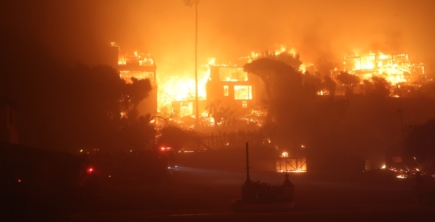
Crisis Response Fund
How To Help Those Affected by the California Wildfires
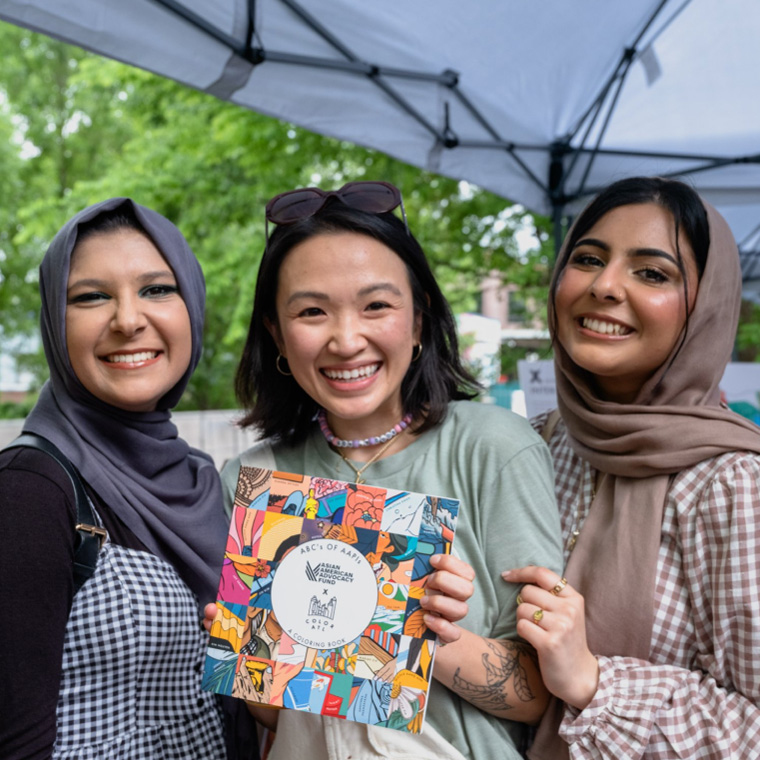
Stay Up To Date With All Things Tides
Read the stories and hear the voices of social change leaders fighting for justice.